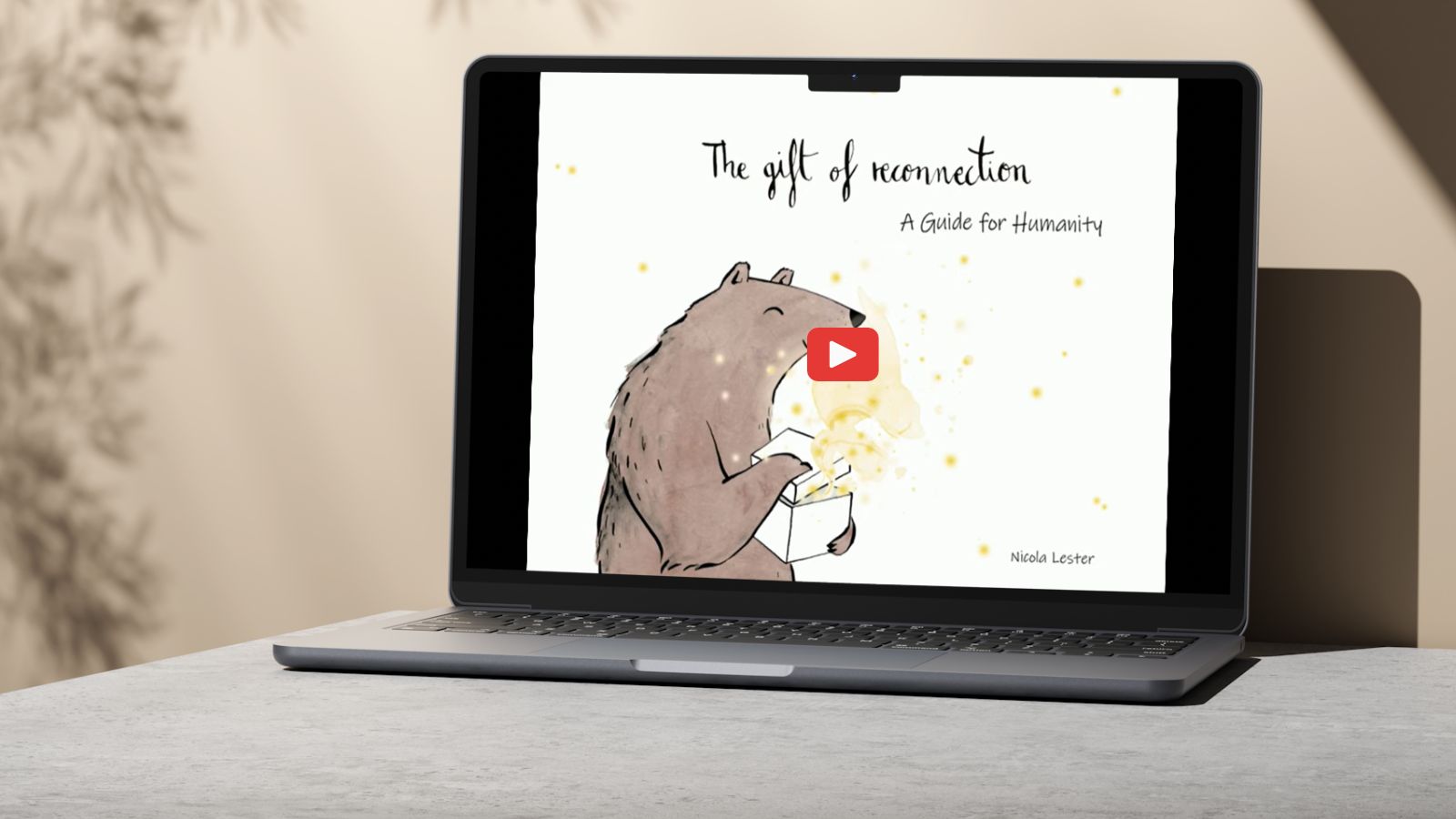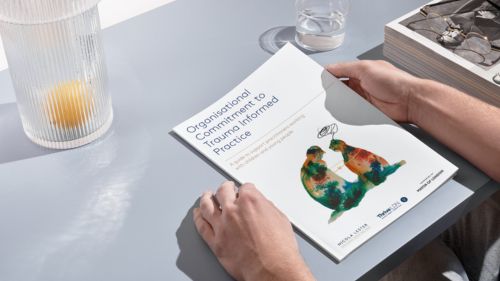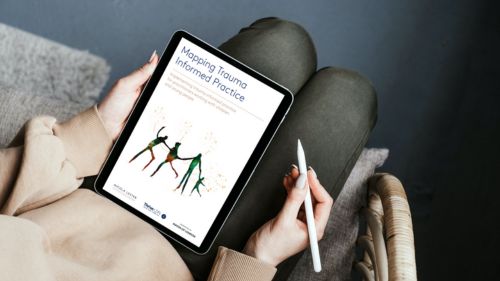
Trauma-informed practice for those working with children and young people
Supplementary resources to the Gift of Reconnection training series to assist educational professionals in embracing a trauma-informed practice.
Supplementary resources to the Gift of Reconnection training series to assist educational professionals in embracing a trauma-informed practice.
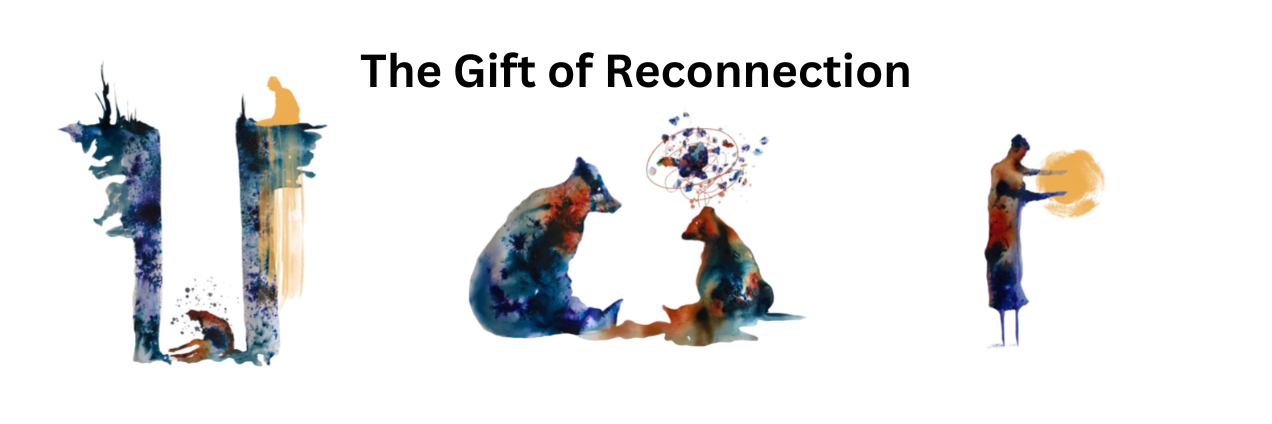
Training resource
Updated: 09/01/2024
The Gift of Reconnection
The Gift of Reconnection: training and resources for education practitioners
Thrive LDN has been working with Nicola Lester Psychological Trauma Consultancy to develop free, online trauma-informed practice training and resources to support individuals and organisations.
The Gift of Reconnection training series is available for free on Thrive LDN’s website. It comprises eight chapters across three levels: bronze, silver, and gold.
The training is designed for anyone in a role supporting others, including young people whether formal or informal. Taking a trauma-informed practice approach in educational settings unlocks transformative growth and possibilities for academic success, where every pupil can thrive academically, emotionally, and socially.
To complete all the training and reach gold level takes close to 5 hours in total. Alternatively, you can also subscribe to our 8-week programme and you’ll receive the training chapter-by-chapter. This means you can spend around 30 minutes per week engaging with the training.
We are also delighted to share resources specifically for support practitioners working with children and young people, designed to complement the Gift of Reconnection Training series. These supplementary tools will help foster a learning environment where every pupil feels seen, heard, and supported – a place where the impact of trauma is recognised and met with compassion.
Facilitation guide
Organisational Commitment to Trauma Informed Practice is a facilitation guide to support practitioners working with children and young people.
Download the facilitation guide [PDF]
The guide is broken down into sections which are aligned with the introduction and eight chapters of the training series. It provides helpful tips, techniques and activities to adopting a trauma-informed approach in your educational setting.
We recognise that it can be challenging to find the time and space to engage in learning and development and we hope that this guide will make this easier to plan and implement this approach into your work and your organisation.
Implementation guidance
Mapping Trauma Informed Practice provides implementation guidance for practitioners working with children and young people.
Download the implementation guidance [PDF]
This guidance is designed to support organisations in developing trauma-informed approaches to service delivery by encouraging the mapping of current processes, policies and practice against
the six principles of trauma informed care:
1. Safety
2. Choice and control
3. Supporting coping
4. Facilitating connections
5. Responding to identity and context
6. Building strengths
The guidance provides a series of questions and prompts are included for each of the six principles to guide both individuals and organisations in mapping current practice in these areas.
When used in conjunction with the three levels (bronze, silver and gold) in the ‘Gift of Reconnection’ series, the responses create an ‘action plan’ for development and change.
Illustrated quotations
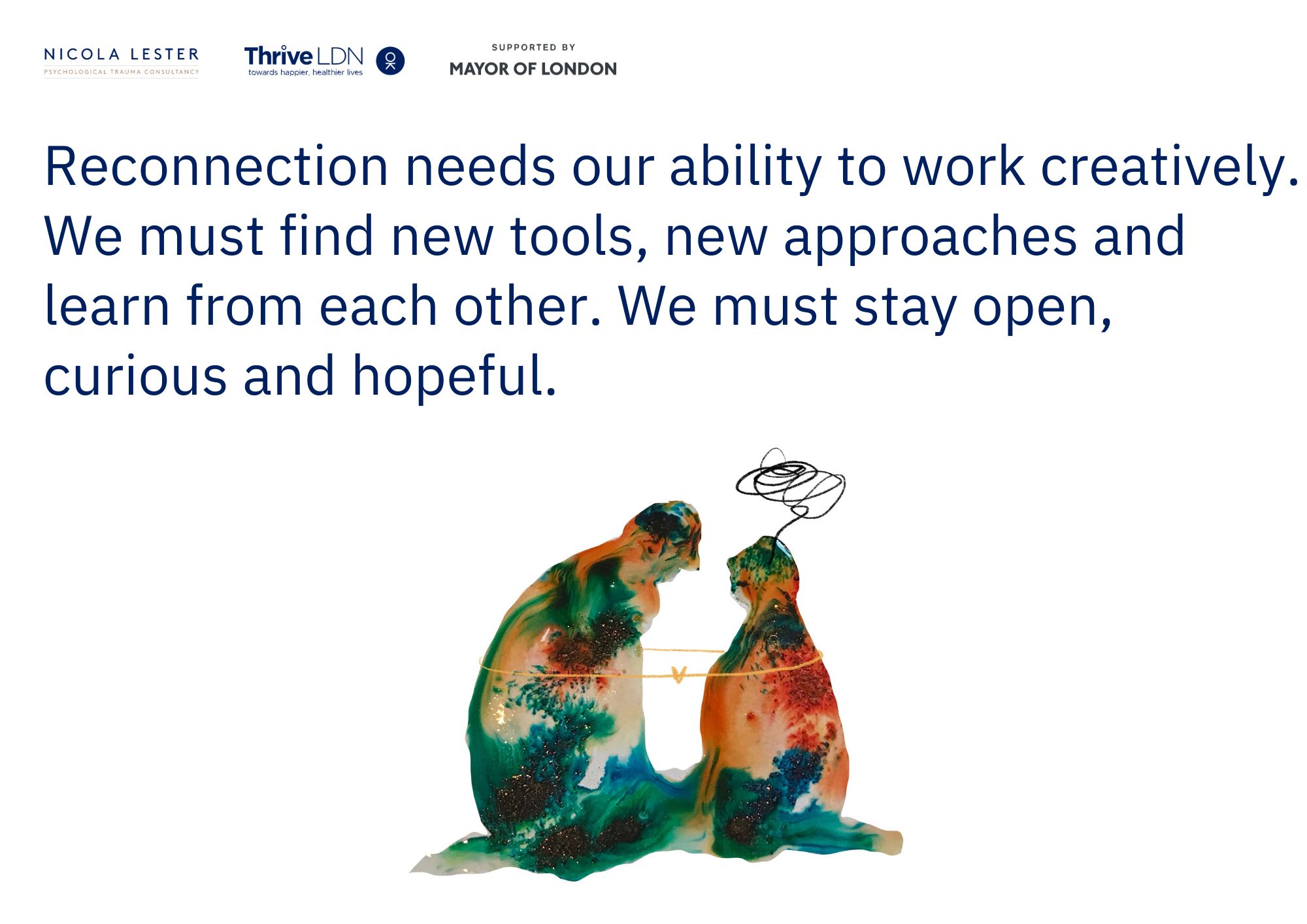
Taken from the Gift of Reconnection training series, download a set of 10 illustrated quotations.
Download the illustrated quotations [ZIP]
Download the illustrated quotations [Google Drive]
The illustrations can be used to support you in the promotion of facilitated sessions or used across digital channels. They can also be printed and provide a visual aid and reminder for your organisation when placed in communal areas used by those supporting children and young people.
Feedback
When asked to reflect on the Gift of Reconnection trauma-informed training, education staff reflected that the most valuable aspect of the training was and how they might implement it in their organisation. Comments have included:
‘To be compassionate and patient. Trauma can occur on varying scales.’ Public school, Twickenham.
‘It allowed me to reflect on how I approach people and situations.’ Secondary school and sixth form, Kingston.
‘I intend to review to what extent I currently implement or facilitate the six key principles of Trauma-Informed Practice that were referenced and consider ways to develop my/my team’s implementation of each one.’ Secondary school, Newham.
‘Integrated grief, connection and reconnection and responding to the need by offering connection, the 6 key principles and remembering and facilitating/enabling post traumatic growth.’ Primary school, Kingston.
‘The importance of offering connection – letting people know that they are seen, heard and valued.’ Primary and nursery school, Kingston.
‘To ensure students have time to trust and have a choice.’ Secondary school, Harrow
Further resources
Further resources that you may find helpful are listed below.
You may also find Thrive LDN’s Help Yourself and Others section of the website helpful in bringing together ideas, inspiration and resources to help build your resilience and improve wellbeing and to learn from community experiences.
Supporting children and young people’s mental health over the winter months
The Children and Young People’s Mental Health Transformation team and Transformation Partners in Health and Care (TPHC) has put together this resource pack to help partners and local organisations support London’s children and young people over the winter months. Download the resource pack.
Mental Health England First Aid (MHFA) ‘top-up’ training
Thrive LDN in partnership with Mental Health First Aid England (MHFAE) instructors to develop a series of topic-specific webinars to support those who have taken the MHFA training and would like to learn more and continue to develop in their role.
Topics include suicide and self harm, eating disorders, and neurodiversity. Access all the sessions on the Thrive LDN website.
Conversations starter ideas for children and young people, parents, and carers
Thrive LDN’s mental health conversation starter tool is helping Londoners to engage with friends, family, neighbours or they support in the community or workplace about good mental health, wellbeing and financial worries.
Co-developed with London’s digital wellbeing service, Good Thinking, and with pupils and teachers at St Mary’s RC Primary School, Wimbledon, the guides will help encourage a gentle and supportive conversation. Access the guides on Good Thinking’s website.
Supporting a whole school/college approach
Thrive LDN partnered with the Department for Education (DfE), Office for Health Improvement and Disparities (OHID) London and the Greater London Authority (GLA) to promote the benefits of taking a whole school or college approach to mental wellbeing. Explore more about this topic on the Thrive LDN website.
Children’s Mental Health Week (5-11 February 2024)
Launched in 2015, Children’s Mental Health Week is an event led by children’s mental health charity Place2Be in February. This event aims to highlight the importance of looking after our emotional wellbeing from an early age. Now in its 10th year, the theme for 2024 is ‘My Voice Matters’.
Through Together campaign
The Gift of Reconnection training series has been funded by the Mayor of London.
The training was funded to support Londoners recover from the mental health impacts of the pandemic and cost-of-living pressures. This comes as thousands of Londoners pledge to become champions for positive wellbeing where they are empowered to act to improve their own and their communities’ wellbeing.
The series forms part of Thrive LDN’s Through Together campaign.
The campaign, launched in November 2022, provides a range of tools and resources to protect and enhance people’s mental wellbeing, so that they can adapt and thrive after their lives have been disrupted by current shocks. #ThroughTogether stories also showcase how Londoners are making a difference to those in their local community and beyond by supporting each other through the emotional pressures and challenges they may be feeling right now.
![]()
